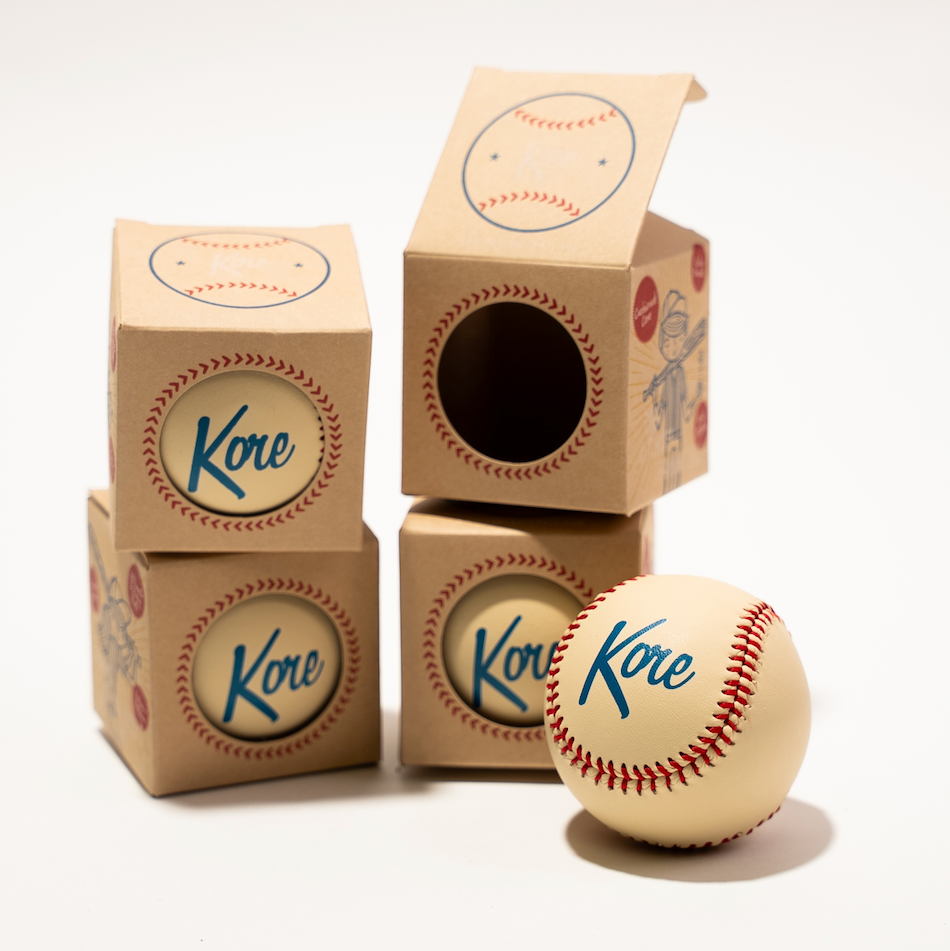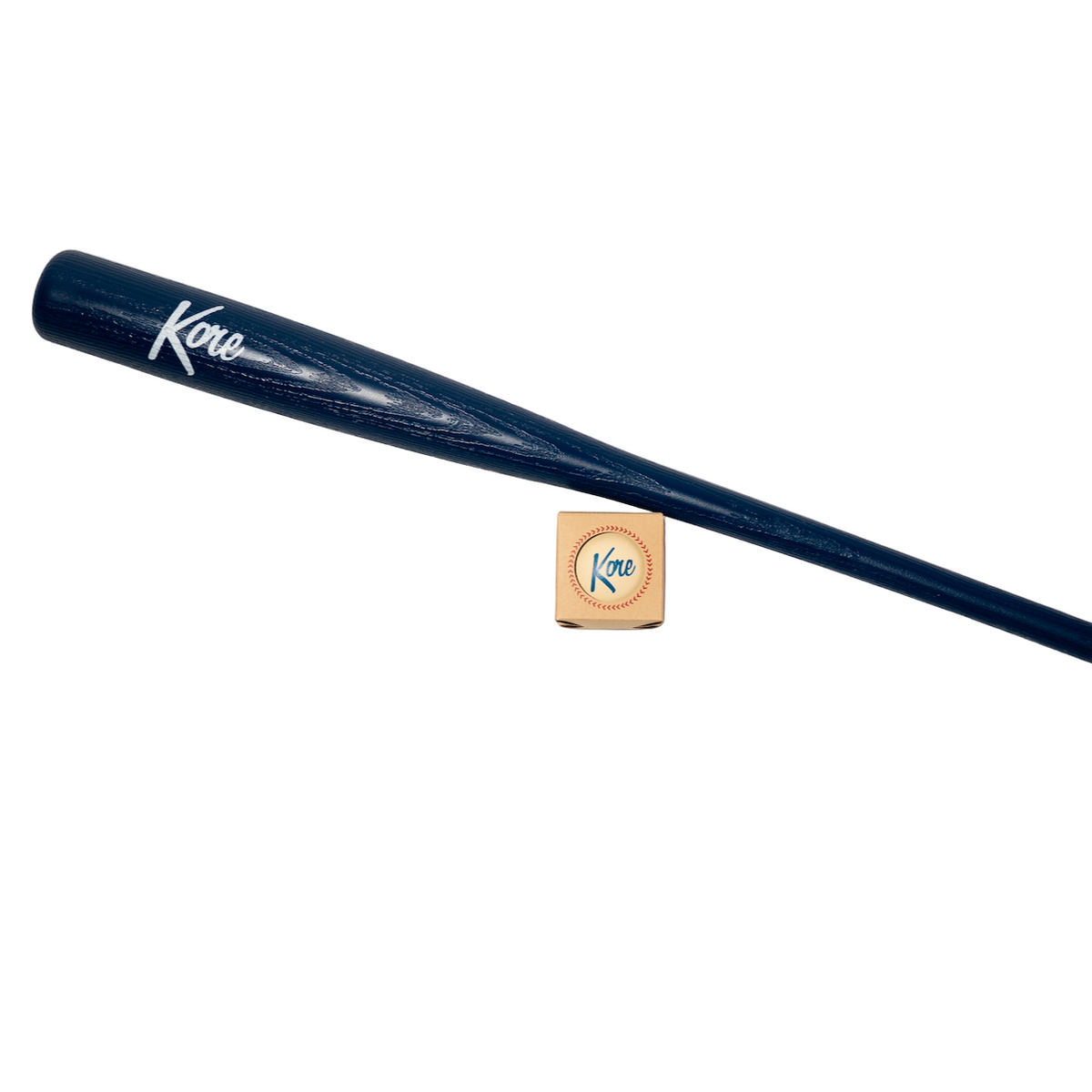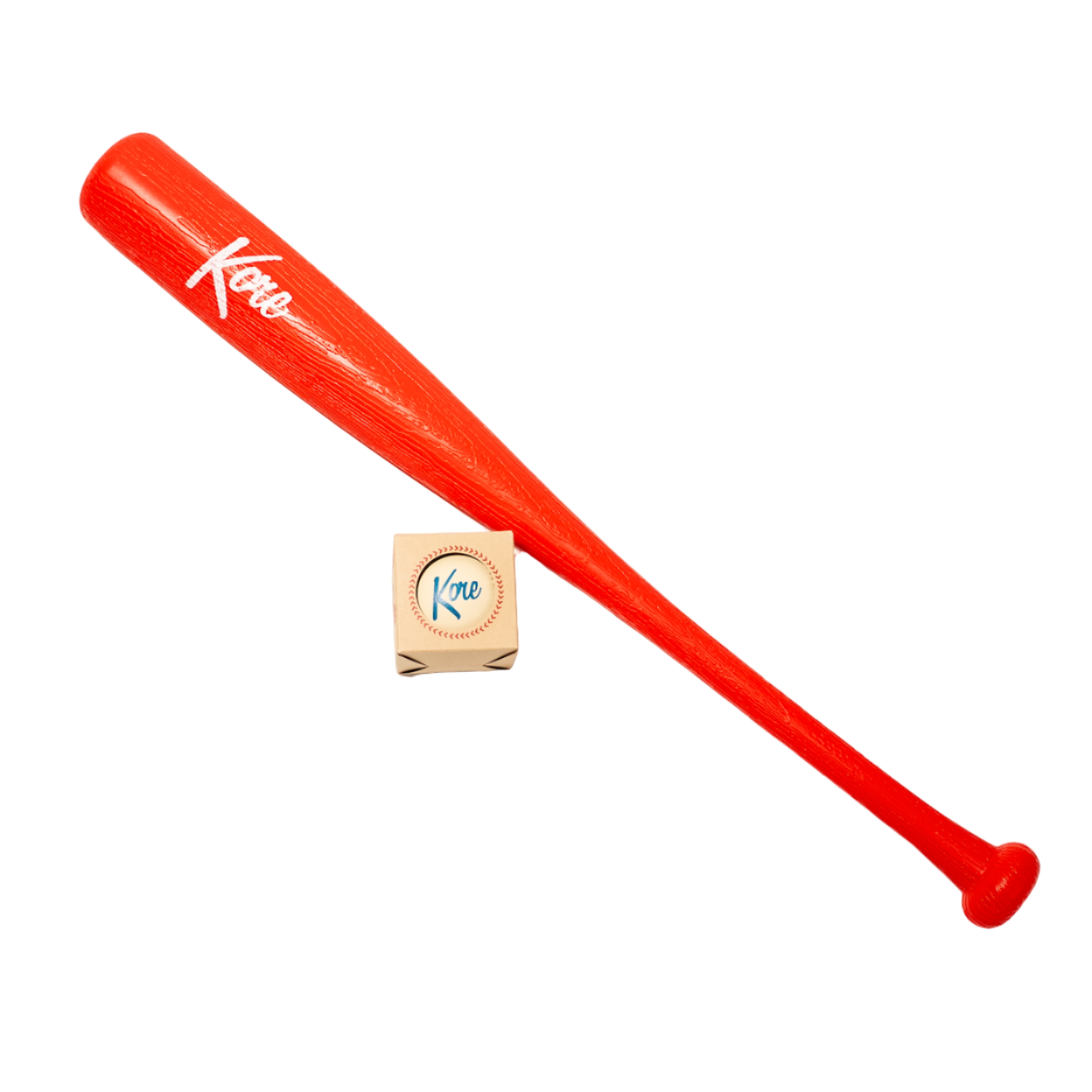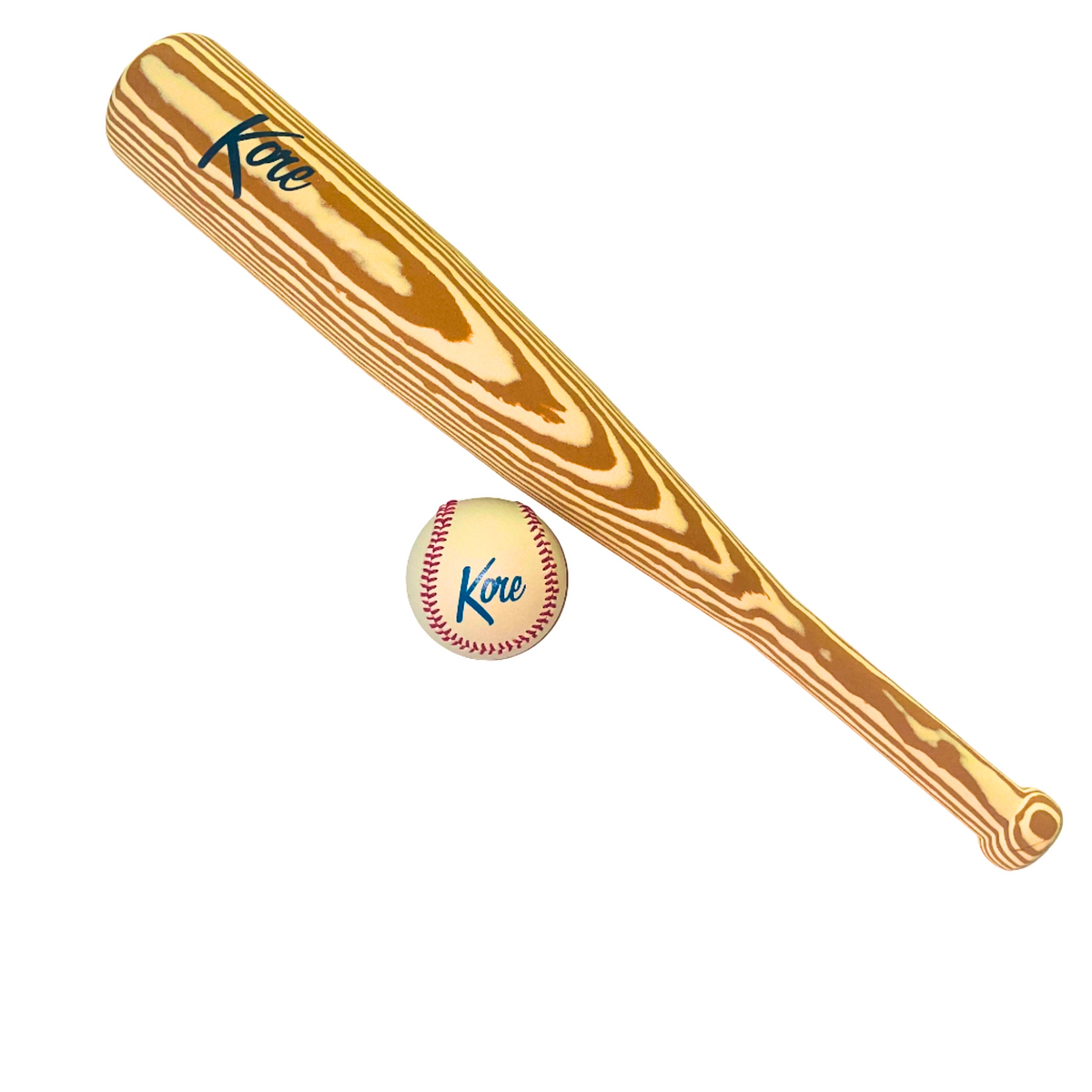How Long are Kids Baseball Games?
Baseball game duration depends on the age level since leagues mandate pitch limits and inning lengths to protect developing players. Baseball is a tough sport to really know how long a game lasts but here is an overview of typical game lengths at different kids age levels.
T-Ball Game Length
T-ball games for 4-6 year olds usually last 60-90 minutes including warmups. Innings are played with each batter getting 1 hit per inning before sides change. Games often go just 3-5 innings total. The focus is fun, learning rules and skills.
Coach Pitch Baseball Game Length
Coach pitch baseball lasts 2-3 hours typically for ages 6-8. The coach throws 3-5 pitches to each batter. Games go 6 innings or 1 hour 45 minutes, whichever comes first. Kids build fundamentals with less structure than higher levels.
Little League Baseball Game Length
In Little League for ages 9-12, games average around 2 hours 15 minutes. The official rules allow for 6 innings with limited pitch counts - 85 max in ages 9-10, 95 pitches ages 11-12. Time limits also apply, so when the hard cap of 2 hours 15 minutes is reached, the current inning is completed and the game ends.
Length of Youth Baseball Games
In competitive youth leagues for ages 12-14, games more closely resemble standard baseball. Pitchers can throw up to 95 pitches per game with weeks of rest required based on volume. Games are usually 6-7 innings and average 2.5-3 hours including warmups.
High School Varsity Baseball Game Length
At the varsity high school level for ages 14-18, games take on full baseball dimensions. Pitch count and days rest rules still apply to protect adolescent arms, with limits ranging 110-125 pitches depending on age. Games last on average 2 hours 30 minutes and go 7 complete innings.
Why Kids Baseball Games Are Shorter
There are several key reasons youth baseball games are shorter than professional games:
- Less innings - Usually 6 innings vs. 9 in MLB
- Pitch limits - Restrictions protect developing arms
- Time limits - Caps ensure reasonable duration for kids
- Focus on repetitions - More chances to hit and make plays
The combination of these shortened elements keeps games moving at an engaging pace for young attention spans.
Pitch Limit Rules in Youth Baseball
All kids baseball leagues follow pitch count limits based on age and required rest periods. Common examples:
- Ages 7-8 - 50 pitches daily max, 1 day rest minimum
- Ages 9-10 - 75 pitches daily max, 2 days rest minimum
- Ages 11-12 - 85 pitches daily max, 3 days rest minimum
- Ages 13-14 - 95 pitches daily max, 4 days rest minimum
These progressive limits protect growing arms while teaching proper volume at each level.
Benefits of Shorter Kids Games
Shorter, tightly controlled game durations provide many youth baseball benefits:
- Prevents overuse injuries by limiting pitches
- Allows more games and reps in a season
- Holds attention spans by keeping action concise
- Allows weekends with multiple games without taxing arms
- Creates an athletic focus on quality over quantity
The strategic structure maximizes skill development and fun for kids playing baseball.
Gameplay Tips for Coaches
When coaching summer ball, keep these tips in mind regarding game duration:
- Monitor pitch counts closely each game
- Set lineup to maximize at-bats and position experience
- Structure practices for efficient skill repetitions
- End games on time and avoid extra innings
- Remind parents of time limits before seasons start
With intentional programming, teams can fit more games into shorter blocks while keeping baseball rewarding for kids.





